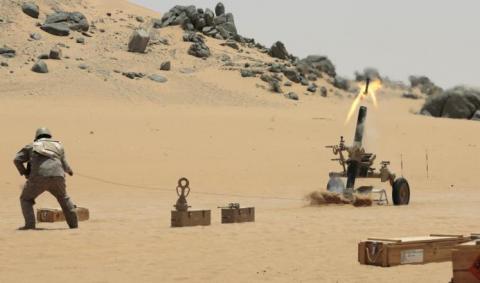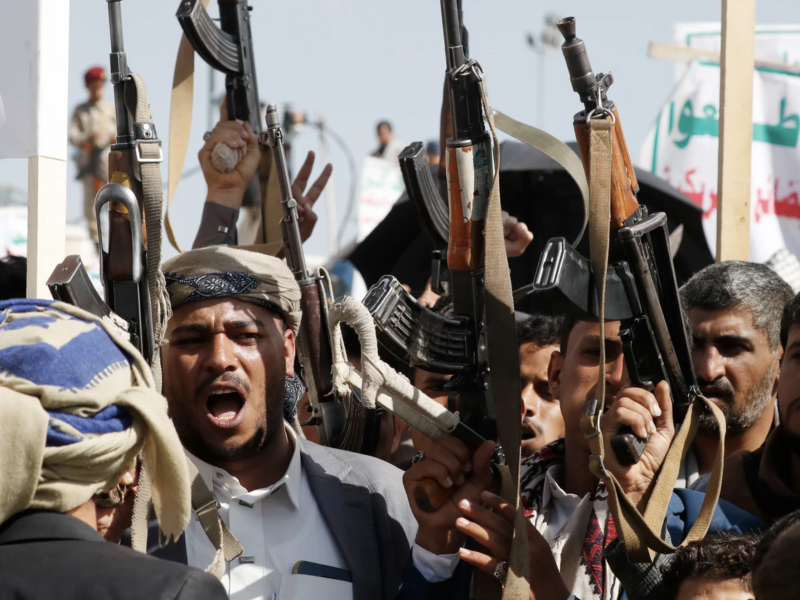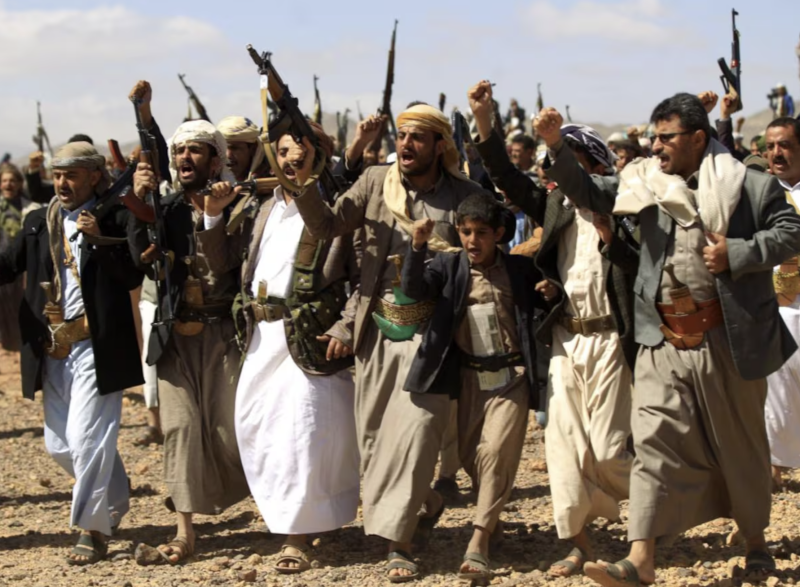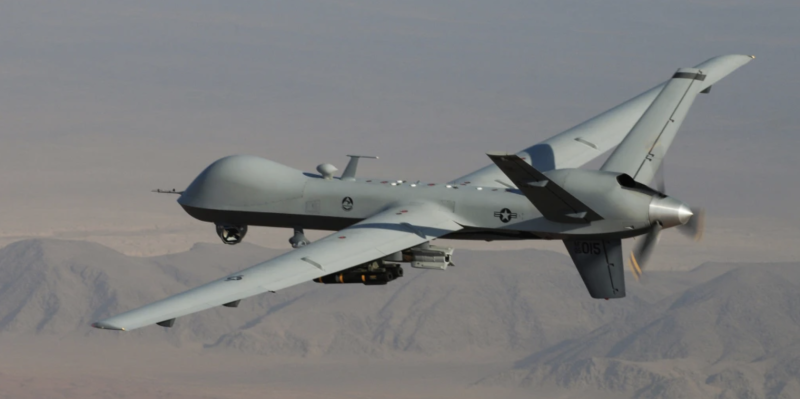Yemen's Houthi fighters have tough record in ground war


It's a nightly exercise in futility: Yemen's Houthis fire rifles at Saudi F-15 jets thundering overhead. But the guerrillas' Kalashnikovs would be more formidable if and when Saudi Arabia decided to fight a ground war.
Cairo and Riyadh said this month they were discussing a "major military maneuver" in Saudi Arabia, a sign the Saudi-led alliance bombing the Houthis may make good on threats to launch a ground push across the kingdom's southern border into Yemen.
The air campaign has made little headway since it began on March 26, prompted by the Iranian-allied Houthis's military takeover of large parts of Yemen. The Saudis and their allies see the push as an unacceptable extension of Tehran's reach into Riyadh's backyard, but have not committed to an invasion.
The Houthis are confident their experience in mountain warfare in their northern stronghold would give their Arab adversaries pause. A 2009-2010 war against government forces backed by Saudi Arabia left around 200 Saudi soldiers dead.
"The American-Saudi coalition knows a ground invasion will fail, especially with the continuous advance of the army backed up by the (armed Houthis) on different fronts," Mohammed al-Bukhaiti, a member of the Houthi politburo, told Reuters.
Outgunned but insisting they are winning what they describe as a revolution against al Qaeda militants and corrupt lackeys of the West, the Shi'ite fighters have advanced on sandal-shod feet and by pick-up truck in battles across Yemen.
Their foes on the ground are a mix of those army units still loyal to the Saudi-backed government, whose leaders have fled to Riyadh, and local Sunnis, some militant, others not.
A smiling Houthi fighter in a camouflage jacket addressed those opponents via the Houthi TV channel at an army base it seized recently in the central province of Ibb.
"We say to you: the House of Saud, America and Israel haven't been able to help you," he said, as armed comrades decked in tribal robes jostled to show off their guns on camera.
POWERFUL ALLIES
The Yemeni state pounded the Houthi insurgents in six wars that flattened villages in the northern highlands that are home to Yemen's Zaydi Shi'ite sect from 2002 to 2009.
But the military failed to quell the fighters, who burst forth to take over Sanaa and much of the country in September.
Not just country grit, but an alliance with the ex-president and his army loyalists has eased their way.
Ali Abdullah Saleh ruled Yemen for over three decades and his military was once the scourge of the Houthis. But after Arab Spring protests forced him from power in 2012, he made common cause with his former enemies to settle scores with the backers of his successor, Saudi-backed President Abd-Rabbu Mansour Hadi.
Iran and the Houthis deny they have any military or economic relationship, but a senior Iranian official told Reuters in December a "few hundred" elite Iranian military personnel![]() were in Yemen training Houthi fighters, and around a hundred Yemeni militiamen had traveled to Iran over the year.
were in Yemen training Houthi fighters, and around a hundred Yemeni militiamen had traveled to Iran over the year.
Abdel-Malek al-Houthi, the group's leader, said on Sunday Yemen would not surrender and vowed resistance "by any means".
Houthi officials say they seek a negotiated solution to the political crisis, but a ground war may play to their strengths.
"The idea of a war in general was not something the Houthis were going to be afraid of, and if this morphed into a ground invasion - given their experience, this would give them another card," said Farea al-Muslimi, a researcher with the Carnegie Middle East Center.
"This isn't a group that came to power by elections, but by force, and its future moves may not be swayed no matter how much pressure is put on it and Yemeni people," he added.
DAGGERS, TANKS
The Houthis' progress has convinced them they can rid the country of hardline Sunni militants who have denounced them as non-Muslims worthy of death and last month bombed two Houthi mosques in Sanaa, killing at least 137 worshippers.
Yemen's branch of al Qaeda is one of the network's most ambitious: it has fought its own insurgency against the Yemeni state for a decade and plotted to blow up U.S.-bound airliners.
"We are confronting Hadi's militias, which include al Qaeda elements, in order to rid the south of al Qaeda's influence," Houthi official al-Boukhaiti said.
The soldiers and militiamen fight together across a tangled front stretching hundreds of miles.
Yet alliances in Yemen have always been fickle. Saleh said in an interview on Sunday that he would "deal positively" with a United Nations Security Council resolution calling for a ceasefire, underscoring doubts on his alliance with the Houthis.
"The role of (Saleh's) army at the front is hazy, and it's clear the Houthis have a real will and unified command structure which the army units lack," a Yemeni politician, who declined to use his name for security reasons, told Reuters.
For Houthi footsoldiers like Mohammed al-Asseri in Sanaa, the bombs of their neighbors and the will of the United Nations are not enough to curb their ambitions. "The Security Council or any state which bombs Yemen or puts it under siege will have to answer to the Yemeni people," he said.
Reuters

Sana'a -- The Houthi Rebels in Yemen has held talks with the United Nations Special Envoy, Hans Grundberg, to explore ways to resume implementation…

TAIZ — Houthi militias have launched a wave of security raids in parts of Taiz Governorate following the reported defection of a prominent tr…

Al-Jawf — Yemeni army air defense units successfully intercepted and shot down a Houthi-operated drone in the desert region of Al-Jawf Govern…